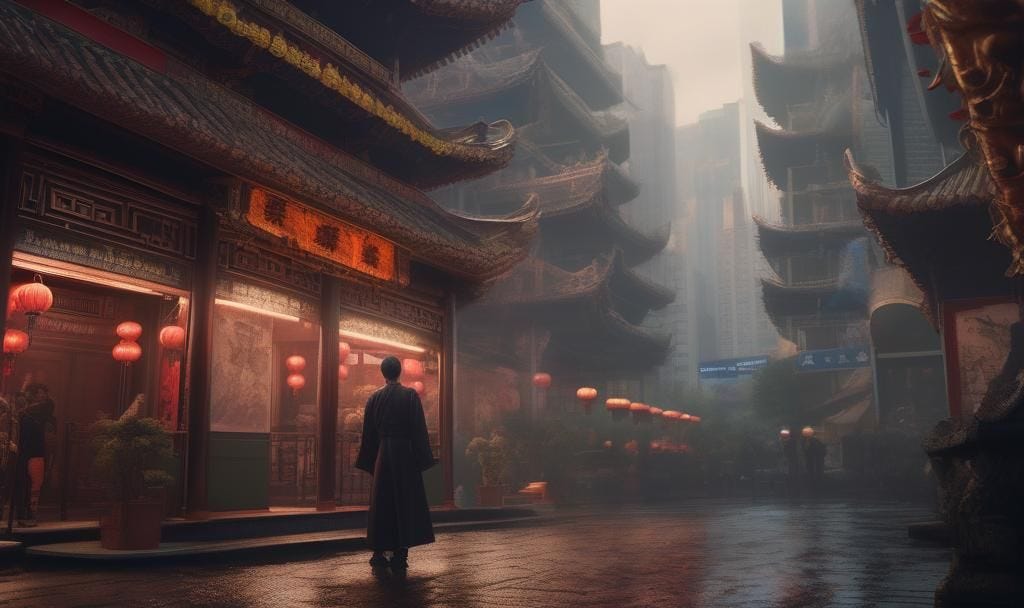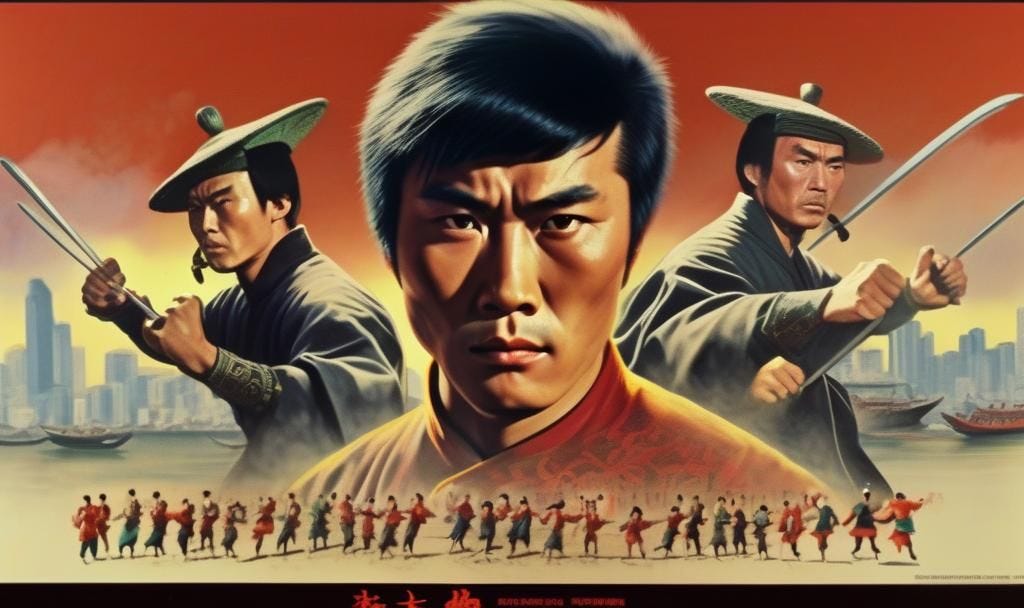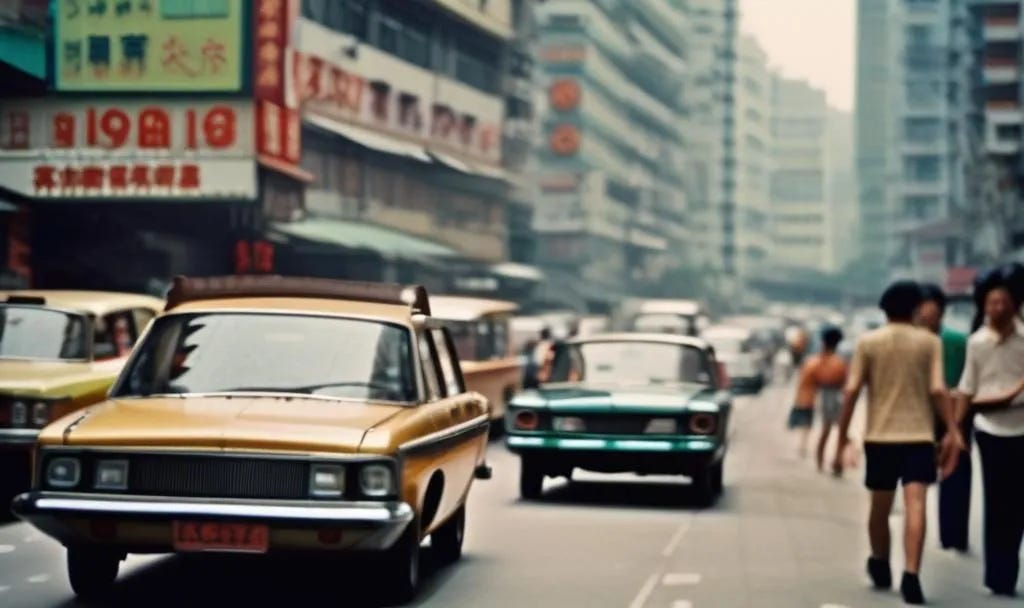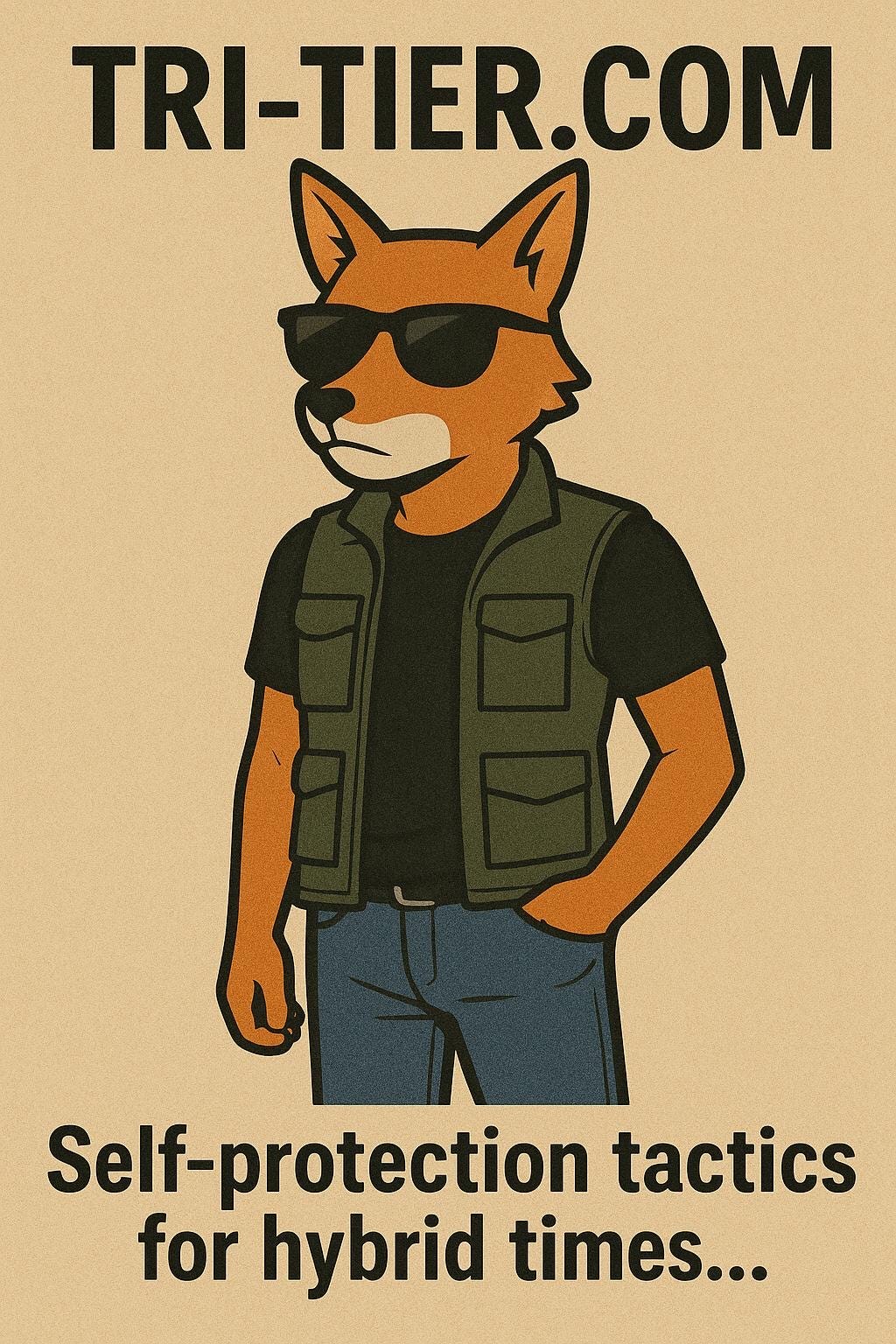Ip Man's Fighting Protégé
Wong Shun Leung -a top Wing Chun fighter and the respected instructor who also taught Bruce Lee.
In 2023, I arranged to meet up with an long time exponent of Wing Chun, a popular and direct Chinese fighting art. Originally from Hong Kong, this elderly gentleman had started studying the art over there, back in the early 70's. Especially interesting was that he shared the same sifu (Kung Fu teacher) as Bruce Lee....
There’s not always one:
Anyone with some knowledge of the martial arts might be tempted to assume that Bruce Lee's only teacher was the legendary Ip Man. The Eastern film industry has certainly popularised that historical idea.
Yet Bruce also received training from other Wing Chun teachers. He even studied with masters of other Chinese arts and later, exchanged ideas with exponents of more global arts. More on that another time.
He certainly trained for a significant amount of time in the Ip man lineage of Wing Chun. One of the famous instructors that Bruce Lee did receive extensive training from, was Wong Shun Leung, said to be the top student of Ip Man...
A no nonense approach:
Wong Shun Leung earned a name for himself not simply because of a connection with Lee, but before this off his own talents, as he had tested his fighting skills in numerous roof top challenge matches. He fought against other styles and won most of these bouts.
His no nonsense approach and action speaks louder than words philosophy, earned him the title in Hong Kong, as the King of Talking Hands.
I never met Wong Shun Leung and am not a Wing Chun practitioner. I have exchanged knowledge with some, at various times over the years, so I enjoyed this opportunity to hear anecdotes about him. Especially, as they were from someone who knew him personally and trained under him.
In a humble restaurant in London's China Town, over simple dishes and pots of jasmine tea, my new friend and I discussed a great deal about the Chinese arts, Wong Shun Leung, Bruce Lee and my own approach - Tri-Tier.
That afternoon was a fascinating journey back in time, to 1970s Hong Kong. I will try to share some of the insights into Wong Shun Leung and his training, along with those his students have faithfully preserved.
Keep things practical:
Prior to our meeting, I'd planned a series of questions, but reading Wong Shun Leung's book, I had got a sense of the type of responses that might come my way, particularly in relation to Wong's grounded approach to training.
It seems this sifu liked to test things, to see what worked, under pressure. Makes sense. He wasn't interested in the moves conveyed in Hong Kong cinema, with acrobatics and theatrics.
Wong did not just prevail in challenge matches but also survived some quite serious street altercations. My friend conveys one incident, where the late Wong had got into a heated exchange with some street vendors, working in the market stalls.
A group of them, armed with meat cleavers, chased after him. They may not have been as dangerous as Triad foot soldiers but were still ready to hurt or end the Kung Fu man. He came out unscathed; they did not.
Train with relentless focus:
Apparently, when Wong Shun Leung first visited the school of Master Ip Man, he did 'have a go' at Ip Man. He’d come from a solid boxing background and knew how to fight. Ip Man quickly defeated him a couple times and that was it… Wong became his most dedicated disciple.
Apparently, Ip Man said that within two years, this young man would become the top fighter in the school. Seems it took Wong one year to reach this goal. Wong trained hard every day, with relentless focus, sometimes, for hours.
Today, people live busy lives, but I believe everyone who trains should be able to find even just a bit of dedicated time everyday, to practise. That's Kung Fu.
The physical dimension:
I asked about Wong's physical training, but in terms of modern physical exercises, this is something Wong did not seem to focus on. This is a contrast to Bruce, who became the epitome of physical conditioning.
Perhaps when he was younger, especially as he was a former boxer, he did give more attention to this element, but in later years, he doesn't seem to have worked on this.
Certainly if one spotted him walking down the street, he did not convey a fighter's physique but apparently he had a presence about him that he could suddenly switch on.
The power of slow:
Rather like practitioners of the Taoist internal arts, Wong believed certain forms should be done very slowly, to develop the subtle skills, sensitivity and power.
Even when he practised on the wooden dummy, contrary to what one sees in the films, Wong would practise intelligently and slowly. Of course other elements were trained with speed, but the Kung Fu exponent understood the value of slow.
Aran
About the author
Based in London, Aran Dharmeratnam is the founder of Tri-Tier. He specialises in personal safety and resilience training, often working with high-profile figures and their families. With experience in various areas of the security sector, Aran also works with global security companies involved in private investigations and strategic intelligence. He’s been deployed on the ground, in numerous cases. Aran’s insights have featured in The Financial Times, The Spectator, Aviation Security International, and Security Management Today.
For consultations or training contact: office@tri-tier.com










